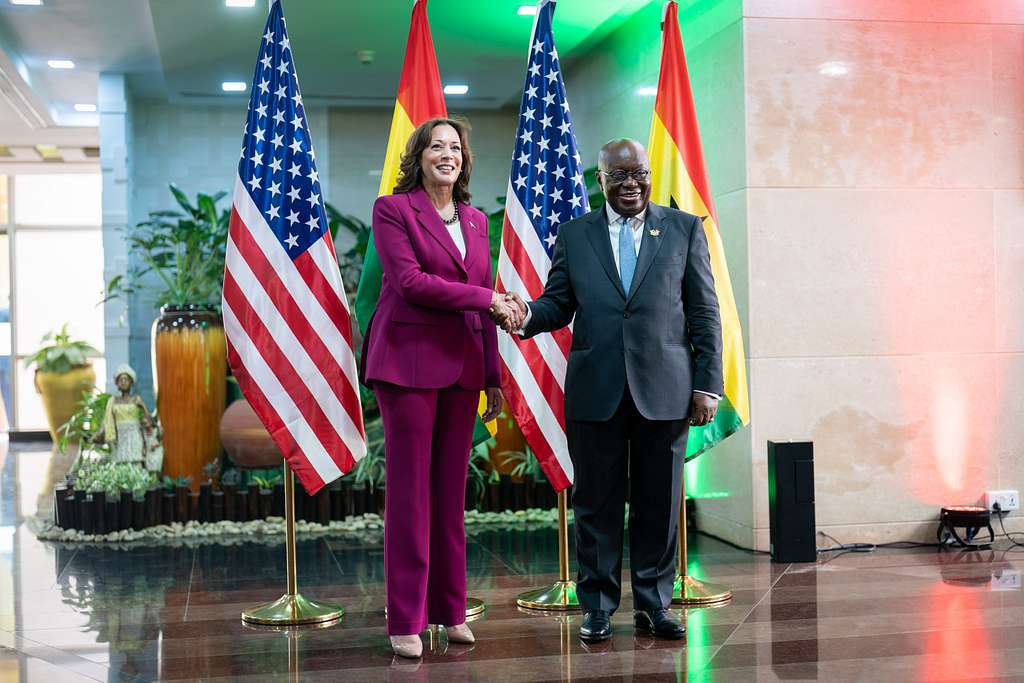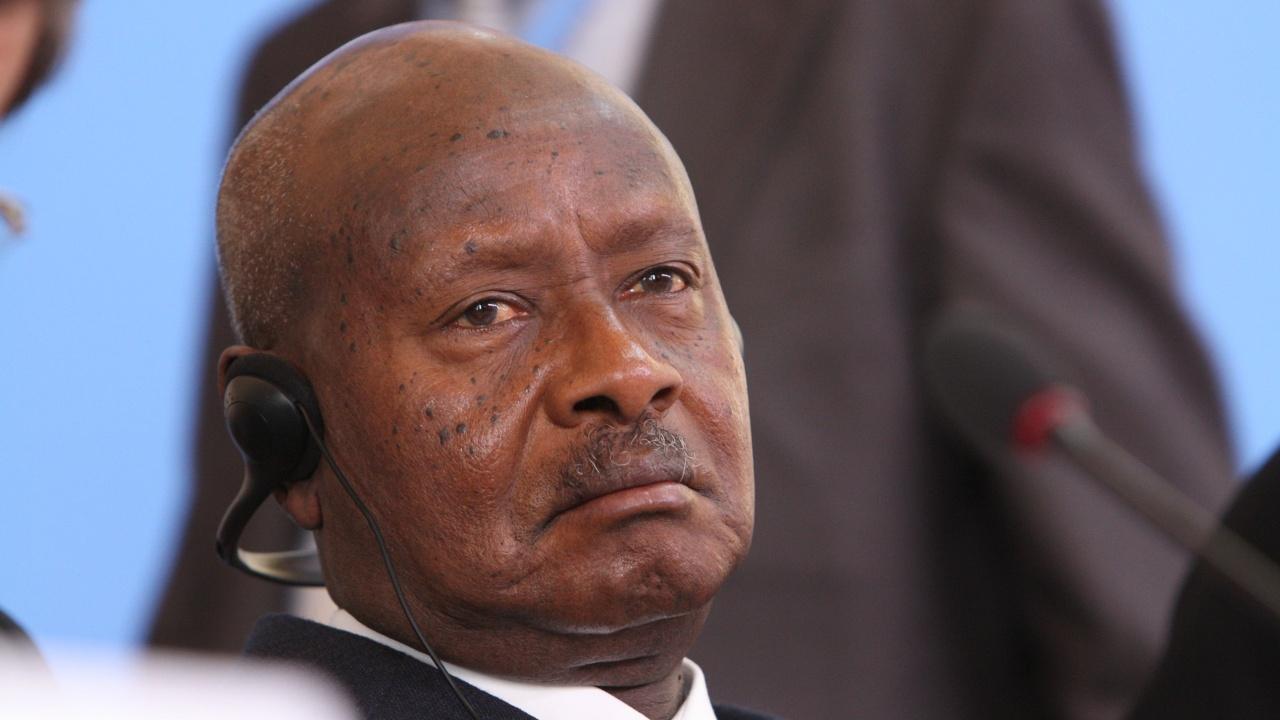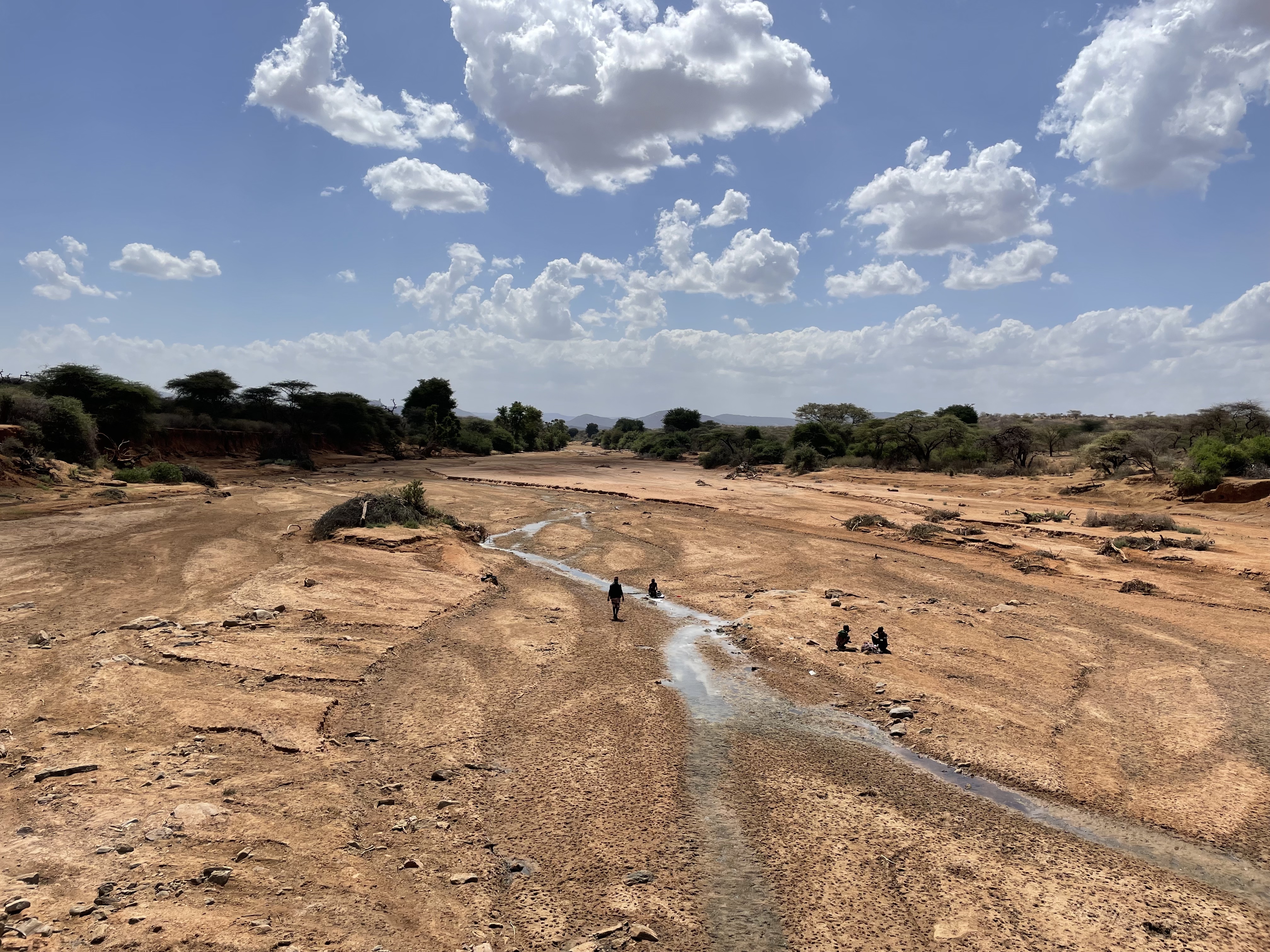Many territories have experienced debates about contested citizenship. But Africa’s unique history of colonialism has had a direct influence on this issue across the continent, Bronwen Manby writes.
Contemporary challenges related to membership and belonging in Africa are framed by colonisation. The carving up of the continent by European powers established boundaries and political institutions without respect for the pre-existing political and social structures. Categories of membership were racialised, and people were forcibly moved according to imperial needs, which also reshaped migration patterns in Africa and beyond. Boundaries and borders across the continent shifted because of disputes or agreements between European powers and when colonial rule eventually ended, the transition to independence was often hasty and violent.
This history created a ‘crisis of nationality and sovereignty’. Colonial policies of racial and ethnic discrimination created ‘two publics’, of citizens and subjects, with (presumed) loyalties to the nation-state or the ethnic group.
Africa is not the only post-colonial region to struggle with such issues. But Africa’s unique history has created specific challenges, both for national identity and for the legal regulation of citizenship.
Post-colonial citizenship across time and space
In Africa, as in other decolonised territories ‘the idea of citizenship was … forged simultaneously with the idea of the nation’. In European states, concepts of citizenship (defined as full membership of a political community) gradually evolved over centuries of contested civic space.
The experience of European imperial oppression in Africa created dynamics in the imagination and regulation of citizenship that are different not only from Europe but also from other post-colonial regions. The especially brutal nature of the European conquest and rule of Africa was more destructive of existing institutions and norms of belonging than elsewhere. Struggles for citizenship in independent Africa were strongly shaped by a sense of solidarity with other African countries. And there was a desire to reverse the racial hierarchy of political and economic power that had existed under empire, and to ensure that the formerly dominant were no longer privileged.
Developments in citizenship laws reflect the tensions between these contradictory influences. In Africa, just as in the Americas, Middle East, Asia, or in the post-Soviet world, new laws and procedures for determining citizenship were primarily influenced by – or directly inherited from – the imperial legal regime. But there is increasing divergence from these initial templates, shaped by struggles over the boundaries of inclusion and exclusion in the ‘nationhood’ of the new states.
Inclusion and exclusion over time
The citizenship laws adopted at independence abolished the racial hierarchies of membership that had been imposed during the colonial era and established a legal regime of equal rights. Yet the status of people whose presence in the country was due to imperial history proved controversial from the outset. These included those of Arab and Asian descent in East Africa, or of Middle Eastern descent in West Africa. Unlike the majority of those of European descent, these groups mostly stayed after independence and retained significant economic power.
States sought to constrain access to citizenship for ‘non-natives’ by adopting a partial or total ban on dual nationality – a strategy shared with other post-colonial geographies. In the years that followed independence, rights based on birth within a territory were generally reduced or removed, especially in those British states where it had initially been enough to be born within a country to gain citizenship. These amendments also often implied a new emphasis on ethnicity in citizenship determination, most of all at the procedural level. This implication was made explicit in half a dozen states by the adoption of substantive amendments to the citizenship law that discriminated on the grounds of ethnic identity. Those most affected by these changes were, however, primarily other people of African descent, rather than ‘outsiders’ to the continent.
But it is too simplistic to characterise all the trends in post-colonial citizenship law as simply exclusionary. The majority of former French territories that adopted the rule granting citizenship automatically to the second generation born in a country have retained these provisions. There have been moves in Tanzania and Kenya to grant citizenship to long-term resident populations, and in Zambia to re-establish some rights based on place of birth. The two most dominant trends in nationality law across Africa have also reflected global patterns: to remove discrimination based on sex and to increase tolerance of dual citizenship, both of which are now the norm.
Despite the resurgence of ethnic identity politics in the 1990s, national identity has gained real meaning in the imagination of belonging across Africa. Afrobarometer surveys show majorities everywhere identifying equally or more strongly with the state than an ethnic group. Majorities are also in favour of granting citizenship to children born in a country to two foreign parents, the equal right of men and women to transmit nationality to their children, and the right to become a citizen based on a contribution through living and working in a country. Only in the case of dual citizenship is the trend towards liberalisation in law not supported by public opinion, reflecting concerns over the role diaspora populations with (potentially) divided loyalties might play in domestic affairs. Where the law has been changed to permit dual citizenship, the same amendments often restrict dual citizens from holding the more senior offices of state.
The nature of post-colonial citizenship
The challenges for the legal regulation of belonging created by Africa’s colonial history are clear. Borders and states were imposed on communities whose previous institutions and traditions were suppressed, and previously separate political units were forced together by colonial rule. Yet this diversity has also facilitated an intellectual context in which ethnic purity at the national level is in most states impossible to demand. Pan-African solidarity is part of the assumed ideological scaffolding in relation to the status of most immigrants and their descendants born in the country.
The debates on citizenship in Africa, other formerly colonised territories, and Europe are in the end not dissimilar. European borders are also not ‘natural’ but shaped by war and conquest. The same balancing of cultural identity or practical contribution in recognition of membership takes place around the globe. The boundaries of community are as mutable in Africa as they are in other continents, and the arguments about membership are essentially the same.
This blog draws on a working paper published by the European University Institute.
Photo credit: BBC World Service used with permission CC BY-NC 2.0





